
Find Help
More Items From Ergsy search
-

Do hosepipe bans apply to all regions in a country?
Relevance: 100%
-
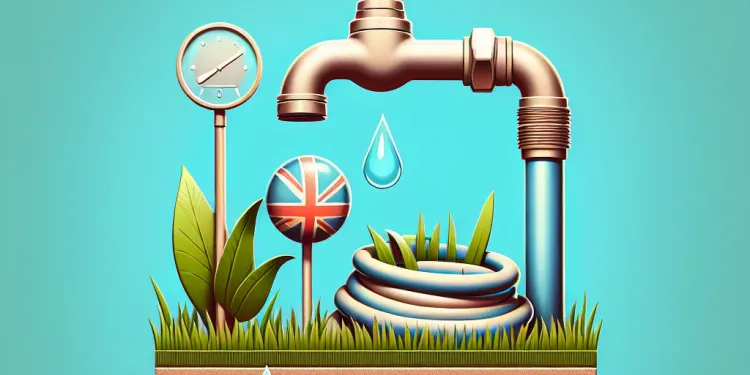
What is a hosepipe ban?
Relevance: 96%
-

Is a hosepipe ban legally enforceable?
Relevance: 90%
-

Who enforces hosepipe bans?
Relevance: 90%
-
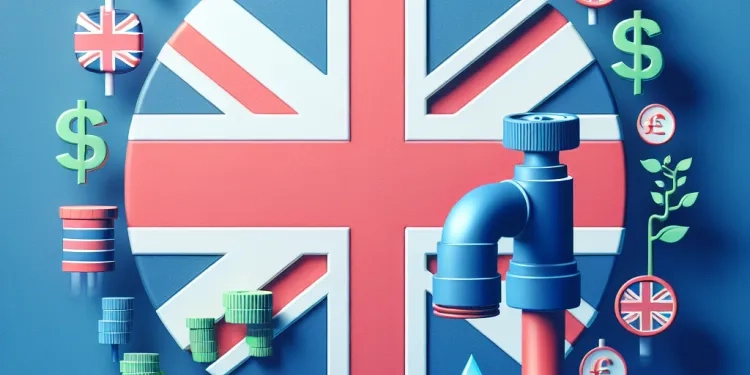
Is a hosepipe ban legally enforceable?
Relevance: 89%
-
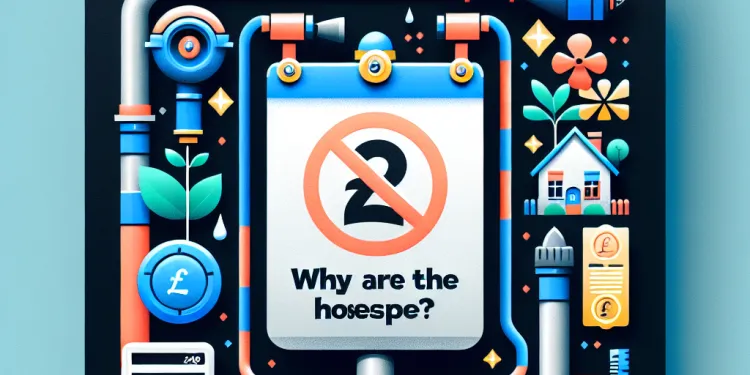
Why are hosepipe bans imposed?
Relevance: 89%
-

Are there any exceptions to a hosepipe ban?
Relevance: 88%
-

Is using a pressure washer allowed during a hosepipe ban?
Relevance: 87%
-
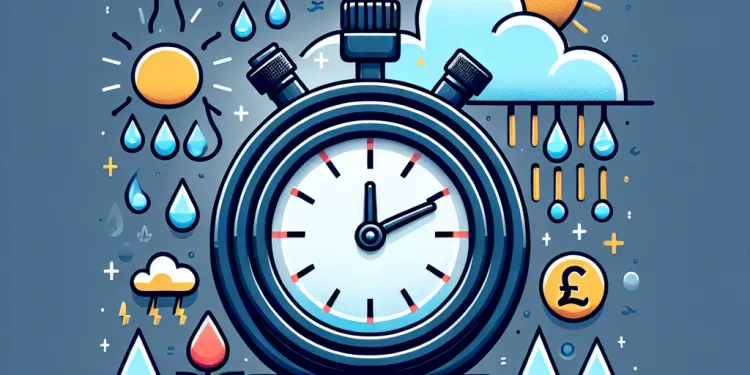
How long do hosepipe bans last?
Relevance: 85%
-

How can I check if there is a hosepipe ban in my area?
Relevance: 84%
-

Do hosepipe bans apply to public parks and gardens?
Relevance: 83%
-
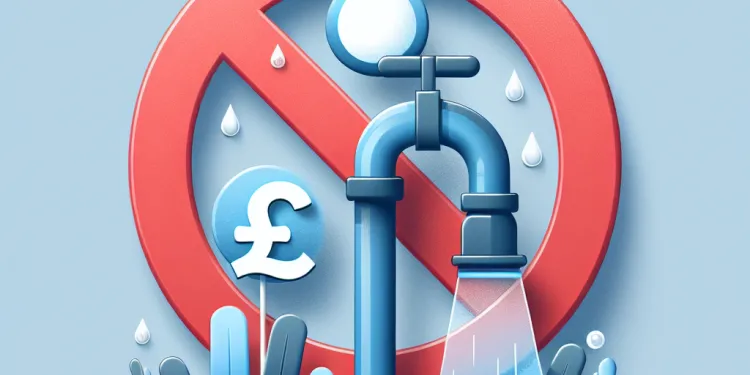
What happens if a hosepipe ban is ignored?
Relevance: 81%
-

How do hosepipe bans affect farmers?
Relevance: 80%
-

Does Thames Water impose hosepipe bans more frequently than other water authorities?
Relevance: 79%
-
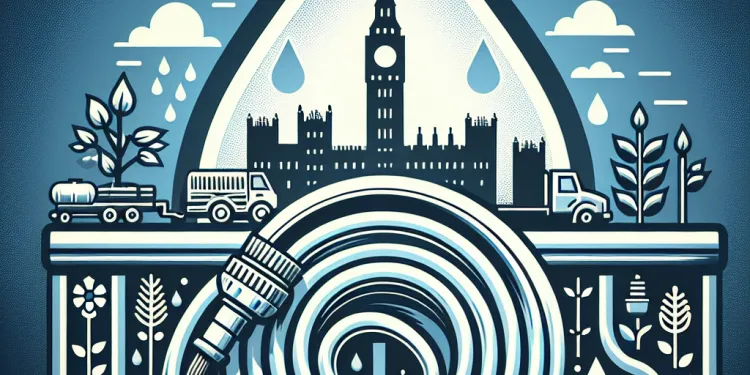
How are hosepipe ban restrictions communicated to the public?
Relevance: 79%
-

Does Thames Water enforce a hosepipe ban more than other water authorities?
Relevance: 78%
-

What is the penalty for violating a hosepipe ban from Thames Water?
Relevance: 77%
-

Can water companies enter my property to enforce a hosepipe ban?
Relevance: 77%
-

Can I use a watering can during a hosepipe ban?
Relevance: 76%
-

Can businesses be exempt from hosepipe bans?
Relevance: 76%
-

Does Thames Water notify customers before a hosepipe ban is enforced?
Relevance: 75%
-

Under what conditions does Thames Water typically impose a hosepipe ban?
Relevance: 75%
-
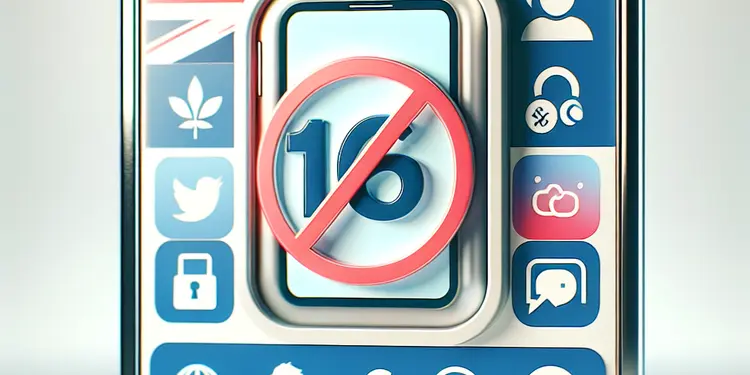
Are there any countries that have implemented a social media ban for under 16s?
Relevance: 58%
-
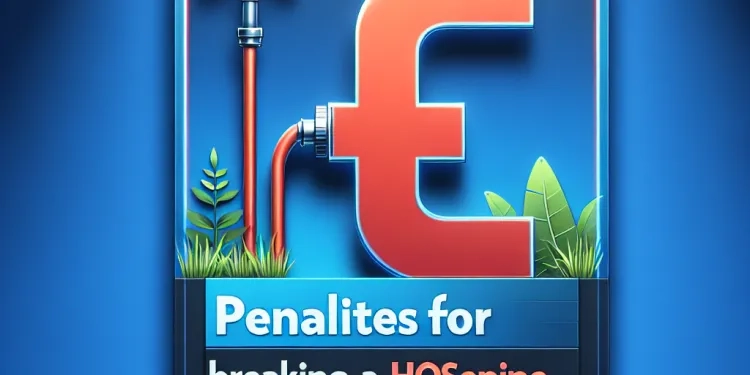
What are the penalties for breaking a hosepipe ban?
Relevance: 57%
-

Can hosepipes be used for irrigation during a ban?
Relevance: 55%
-
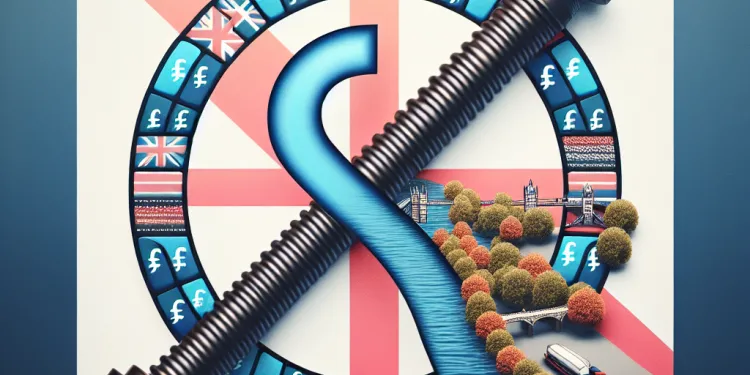
How often does Thames Water enforce hosepipe bans?
Relevance: 54%
-

Can I report a neighbor for using a hosepipe during a ban?
Relevance: 52%
-

Is there any international interest in Australia's social media ban?
Relevance: 43%
-

What is the social media ban for children in Australia?
Relevance: 43%
-
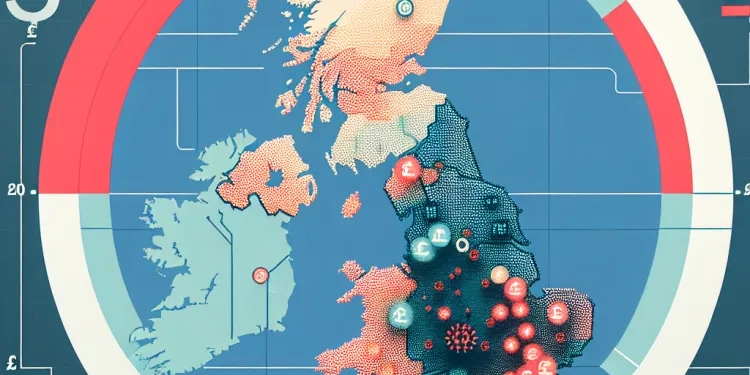
What regions are most at risk for Nipah Virus outbreaks?
Relevance: 42%
-

Has the social media ban for children in Australia been a success ?
Relevance: 40%
-

Do I need any vaccine injections for EU countries?
Relevance: 39%
-

How has the social media industry reacted to the ban?
Relevance: 39%
-

How is the success of the social media ban measured?
Relevance: 39%
-

Which countries are affected by West Nile Virus?
Relevance: 39%
-

What regions of the UK are most affected by mosquito-borne diseases?
Relevance: 38%
-

Is obesity more prevalent in certain regions of the UK?
Relevance: 38%
-
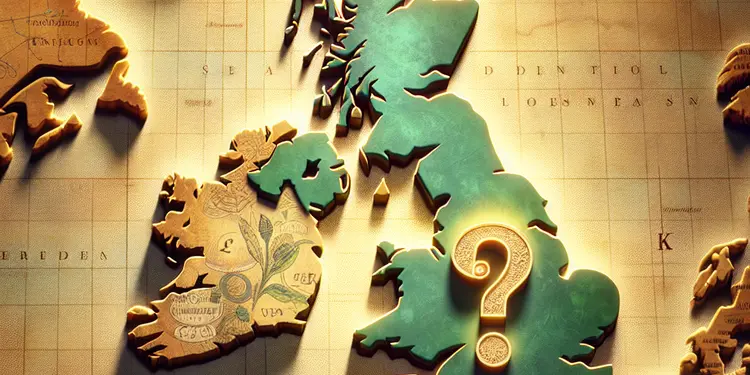
Which countries impose inheritance tax?
Relevance: 38%
-

Is the UK introducing a Social Media ban for under 16's?
Relevance: 37%
-

Is there public support for the social media ban in Australia?
Relevance: 37%
Understanding Hosepipe Bans
Hosepipe bans are temporary water-use restrictions implemented by water companies to conserve water during periods of drought or depleted reserves. In the UK, these bans usually prohibit the use of hosepipes for certain activities, such as watering gardens, filling swimming pools, or washing cars. These measures are typically put in place during periods of prolonged dry weather, when water levels in reservoirs, rivers, and aquifers are critically low.
Regional Applicability
Hosepipe bans do not automatically apply to all regions across the UK uniformly. Instead, individual water companies assess the water availability within their specific operating areas. If a particular region is experiencing a significant shortage, the corresponding water company may decide to impose a hosepipe ban. As a result, neighbouring regions may have different restrictions depending on the water levels in their respective areas.
Decision-Making Process
The decision to implement a hosepipe ban is typically based on current weather conditions, long-term forecasts, and reservoir levels. Water companies may also consider the impact of recent rainfall and predictions for future precipitation. Local water consumption patterns and successful or failed conservation efforts can also influence the decision. As these factors vary locally, the resulting restrictions do not apply uniformly across the nation.
Legal and Regulatory Framework
Water companies in the UK are regulated by Ofwat, the Environment Agency, and other regional bodies such as the Scottish Environment Protection Agency. These organizations ensure that water companies manage their resources responsibly and impose restrictions when necessary to protect the water supply. Each company must clearly communicate any imposed restrictions to its customers, providing precise guidelines on the nature and duration of the ban. These regulations guide companies in implementing appropriate measures during drought conditions while maintaining fairness and equity.
Public Response and Compliance
When a hosepipe ban is enacted, public reaction can vary. While many people understand the necessity of water conservation, some may question the fairness if a neighbouring region is not under the same restrictions. Compliance is crucial for the success of these measures, and fines can be imposed on those who disregard the bans. Educational campaigns are often launched alongside restrictions to raise awareness about the importance of water conservation and to encourage voluntary compliance, even in areas not subject to a ban.
Conclusion
In conclusion, hosepipe bans do not apply uniformly across the UK. They are implemented regionally, based on specific conditions assessed by local water companies. While this localized approach ensures targeted conservation efforts, it can lead to varying restrictions between different regions. Understanding the reasons behind these decisions is essential for fostering public cooperation and ensuring the effectiveness of water-saving initiatives.
Understanding Hosepipe Bans
A hosepipe ban means you cannot use a hosepipe. It happens when there is not enough water. In the UK, this might happen if it does not rain for a long time. During a ban, you cannot use a hosepipe to water gardens, fill swimming pools, or wash cars.
Where It Happens
Hosepipe bans do not happen everywhere in the UK at the same time. Water companies check if their area has enough water. If they have a water shortage, they might start a hosepipe ban. This means one area can have a ban, but a nearby area might not.
How They Decide
Water companies decide on a hosepipe ban by looking at the weather and how much water is in their reservoirs. They also think about how much rain they expect soon. If people are using too much water, it can make a ban more likely. Different areas can have different rules because the weather and water supply can be different in each place.
Who Makes the Rules
In the UK, water companies are checked by Ofwat and other groups. These groups make sure water companies take care of water supplies. They make sure any bans are fair, and companies must tell people about any bans and what they cannot do. They guide water companies on what to do when there is not enough water.
How People React
People can feel differently about hosepipe bans. Some understand why they are needed, but others might think it's unfair if their area has a ban but a nearby area doesn't. It is important for everyone to follow the rules, and people can be fined if they don't. There are also campaigns to teach people about saving water, which helps everyone use less water even if there is no ban.
Conclusion
Hosepipe bans help save water when there is not much supply. They happen in specific places that need it, not all over the UK at the same time. This way of doing things makes sure water is saved where it is needed most. It is important that we understand why hosepipe bans are used so we can all help save water.
Frequently Asked Questions
Useful Links
This website offers general information and is not a substitute for professional advice.
Always seek guidance from qualified professionals.
If you have any medical concerns or need urgent help, contact a healthcare professional or emergency services immediately.
Some of this content was generated with AI assistance. We’ve done our best to keep it accurate, helpful, and human-friendly.
- Ergsy carfully checks the information in the videos we provide here.
- Videos shown by Youtube after a video has completed, have NOT been reviewed by ERGSY.
- To view, click the arrow in centre of video.
- Most of the videos you find here will have subtitles and/or closed captions available.
- You may need to turn these on, and choose your preferred language.
- Go to the video you'd like to watch.
- If closed captions (CC) are available, settings will be visible on the bottom right of the video player.
- To turn on Captions, click settings .
- To turn off Captions, click settings again.
More Items From Ergsy search
-

Do hosepipe bans apply to all regions in a country?
Relevance: 100%
-

What is a hosepipe ban?
Relevance: 96%
-

Is a hosepipe ban legally enforceable?
Relevance: 90%
-

Who enforces hosepipe bans?
Relevance: 90%
-

Is a hosepipe ban legally enforceable?
Relevance: 89%
-

Why are hosepipe bans imposed?
Relevance: 89%
-

Are there any exceptions to a hosepipe ban?
Relevance: 88%
-

Is using a pressure washer allowed during a hosepipe ban?
Relevance: 87%
-

How long do hosepipe bans last?
Relevance: 85%
-

How can I check if there is a hosepipe ban in my area?
Relevance: 84%
-

Do hosepipe bans apply to public parks and gardens?
Relevance: 83%
-

What happens if a hosepipe ban is ignored?
Relevance: 81%
-

How do hosepipe bans affect farmers?
Relevance: 80%
-

Does Thames Water impose hosepipe bans more frequently than other water authorities?
Relevance: 79%
-

How are hosepipe ban restrictions communicated to the public?
Relevance: 79%
-

Does Thames Water enforce a hosepipe ban more than other water authorities?
Relevance: 78%
-

What is the penalty for violating a hosepipe ban from Thames Water?
Relevance: 77%
-

Can water companies enter my property to enforce a hosepipe ban?
Relevance: 77%
-

Can I use a watering can during a hosepipe ban?
Relevance: 76%
-

Can businesses be exempt from hosepipe bans?
Relevance: 76%
-

Does Thames Water notify customers before a hosepipe ban is enforced?
Relevance: 75%
-

Under what conditions does Thames Water typically impose a hosepipe ban?
Relevance: 75%
-

Are there any countries that have implemented a social media ban for under 16s?
Relevance: 58%
-

What are the penalties for breaking a hosepipe ban?
Relevance: 57%
-

Can hosepipes be used for irrigation during a ban?
Relevance: 55%
-

How often does Thames Water enforce hosepipe bans?
Relevance: 54%
-

Can I report a neighbor for using a hosepipe during a ban?
Relevance: 52%
-

Is there any international interest in Australia's social media ban?
Relevance: 43%
-

What is the social media ban for children in Australia?
Relevance: 43%
-

What regions are most at risk for Nipah Virus outbreaks?
Relevance: 42%
-

Has the social media ban for children in Australia been a success ?
Relevance: 40%
-

Do I need any vaccine injections for EU countries?
Relevance: 39%
-

How has the social media industry reacted to the ban?
Relevance: 39%
-

How is the success of the social media ban measured?
Relevance: 39%
-

Which countries are affected by West Nile Virus?
Relevance: 39%
-

What regions of the UK are most affected by mosquito-borne diseases?
Relevance: 38%
-

Is obesity more prevalent in certain regions of the UK?
Relevance: 38%
-

Which countries impose inheritance tax?
Relevance: 38%
-

Is the UK introducing a Social Media ban for under 16's?
Relevance: 37%
-

Is there public support for the social media ban in Australia?
Relevance: 37%


